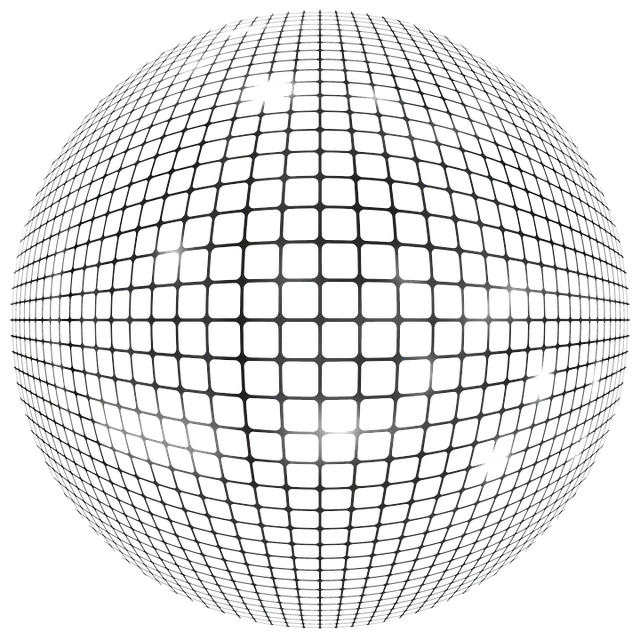ADHD is linked to chronic low-grade brain inflammation causing cognitive and mood issues. White kratom, derived from Mitragyna speciosa leaves, shows promise as a natural anti-inflammatory remedy for ADHD. Its active compounds mitragynine and 7-hydroxymitragynine modulate the immune response, potentially blocking inflammatory pathways. Unlike synthetic stimulants, white kratom offers a gentler alternative with less jittery side effects. Further research is needed to fully understand its mechanism of action and optimal dosing for ADHD treatment.
Inflammation reduction has become a key focus in managing various health conditions, including Attention Deficit Hyperactivity Disorder (ADHD). This article delves into an unexpected ally in this fight: kratom. We explore how this herbal supplement may help mitigate ADHD-related inflammation. Specifically, we focus on the potential of white kratom as a treatment option, examining its unique properties and advantages for those seeking alternative solutions. By understanding the connection between ADHD and inflammation, we can uncover innovative ways to enhance overall well-being.
- Understanding ADHD and Its Impact on Inflammation
- The Role of Kratom in Reducing Inflammation
- Exploring White Kratom as a Potential Treatment for ADHD Symptoms
Understanding ADHD and Its Impact on Inflammation
Attention-Deficit/Hyperactivity Disorder (ADHD) is a neurodevelopmental condition characterized by inattention, hyperactivity, and impulsivity. Beyond its behavioral symptoms, ADHD has been linked to chronic low-grade inflammation in the brain. This inflammation can contribute to a range of issues, including cognitive impairment, mood disorders, and increased susceptibility to infections. For individuals with ADHD, managing this underlying inflammatory process could be a game-changer, offering potential relief from both core ADHD symptoms and associated complications.
The connection between ADHD and inflammation is complex. Research suggests that certain neurochemical imbalances in ADHD, such as deficiencies in dopamine and norepinephrine, may lead to dysregulated immune responses. This can result in the release of pro-inflammatory cytokines, which are signaling molecules that play a key role in the body’s inflammatory process. Consequently, many people with ADHD experience heightened levels of inflammation, which can exacerbate symptoms and contribute to overall poor health. Using natural remedies like white kratom for ADHD has gained interest due to its potential anti-inflammatory properties, offering a promising avenue for symptom management alongside traditional treatments.
The Role of Kratom in Reducing Inflammation
Kratom, derived from the leaves of the Mitragyna speciosa plant, has gained attention for its potential anti-inflammatory properties. While often associated with white kratom for ADHD management due to its stimulating effects, research suggests that its active compounds may play a significant role in reducing inflammation within the body. The plant contains unique alkaloids like mitragynine and 7-hydroxymitragynine, which have demonstrated anti-inflammatory activities in various studies.
These alkaloids interact with specific receptors in the body, modulating the immune response and potentially blocking certain inflammatory pathways. This mechanism could offer relief for individuals dealing with chronic inflammation associated with conditions like arthritis, asthma, or even neurological disorders. As such, kratom presents an intriguing natural alternative for those seeking to manage inflammation alongside conventional treatments, especially considering its growing popularity as a holistic remedy.
Exploring White Kratom as a Potential Treatment for ADHD Symptoms
White Kratom, known for its gentle and balanced effects, has gained interest in the medical community as a potential treatment option for Attention Deficit Hyperactivity Disorder (ADHD). The primary active compound in kratom, mitragynine, has shown promise in reducing symptoms associated with ADHD such as impulsivity, hyperactivity, and inattention. Unlike traditional stimulants used to manage ADHD, white kratom offers a more nuanced approach, potentially mitigating the jittery side effects often experienced with synthetic treatments.
Research suggests that white kratom’s unique blend of alkaloids can interact with opioid receptors in the brain, modulating mood and pain perception without causing sedation or dependence. This makes it a compelling alternative for individuals seeking non-pharmacological interventions. As with any complementary therapy, further studies are needed to fully understand the mechanism of action and optimal dosing for white kratom in treating ADHD symptoms.
Kratom, particularly its white strain, has shown promise as a natural alternative for managing inflammation and potentially alleviating ADHD symptoms. By understanding the intricate link between ADHD and chronic inflammation, we can explore holistic approaches like white kratom to enhance overall well-being. Further research is needed to fully comprehend its effects, but initial findings suggest that white kratom could be a game-changer in treating ADHD while reducing systemic inflammation.






